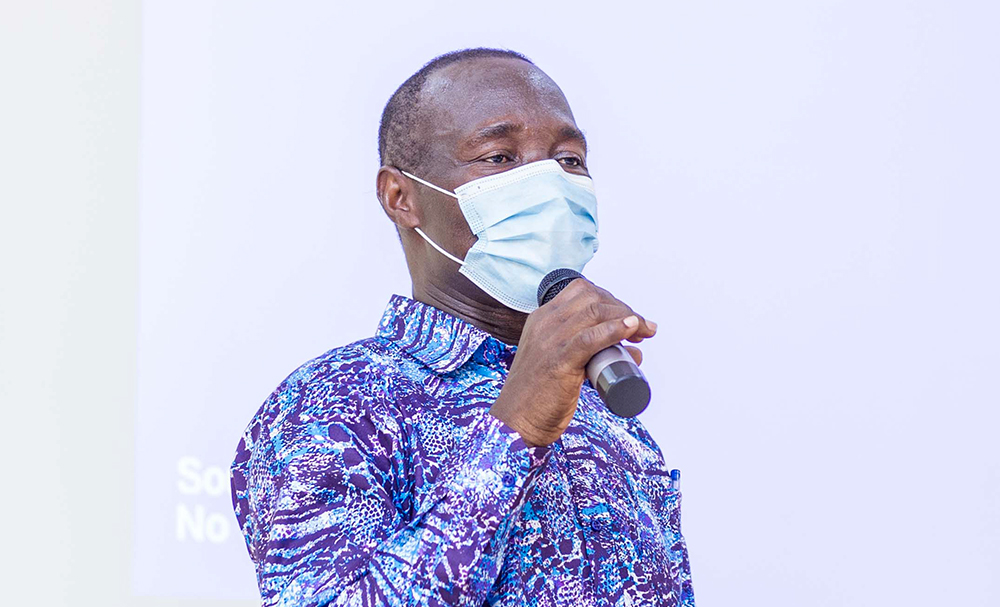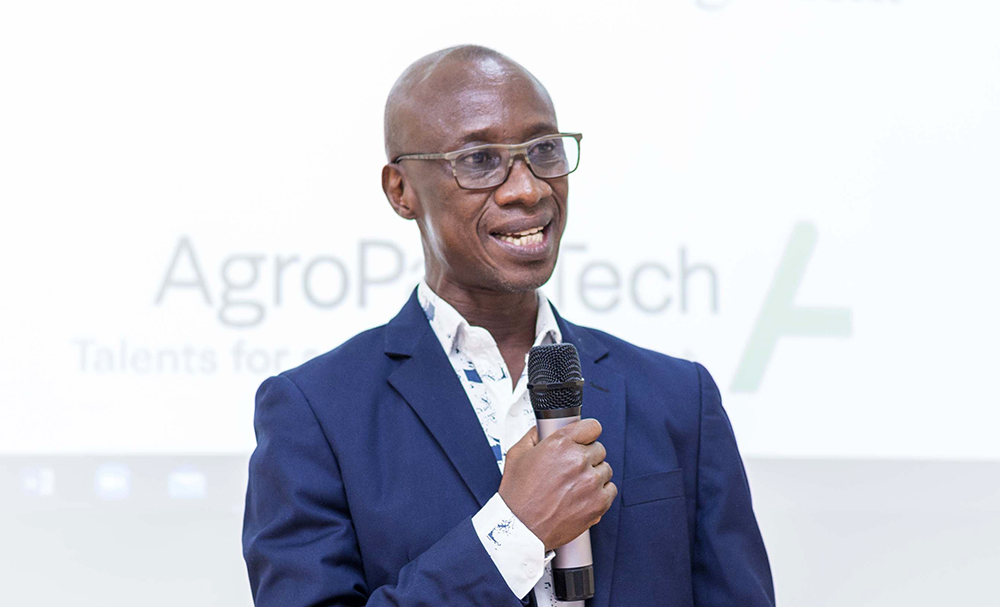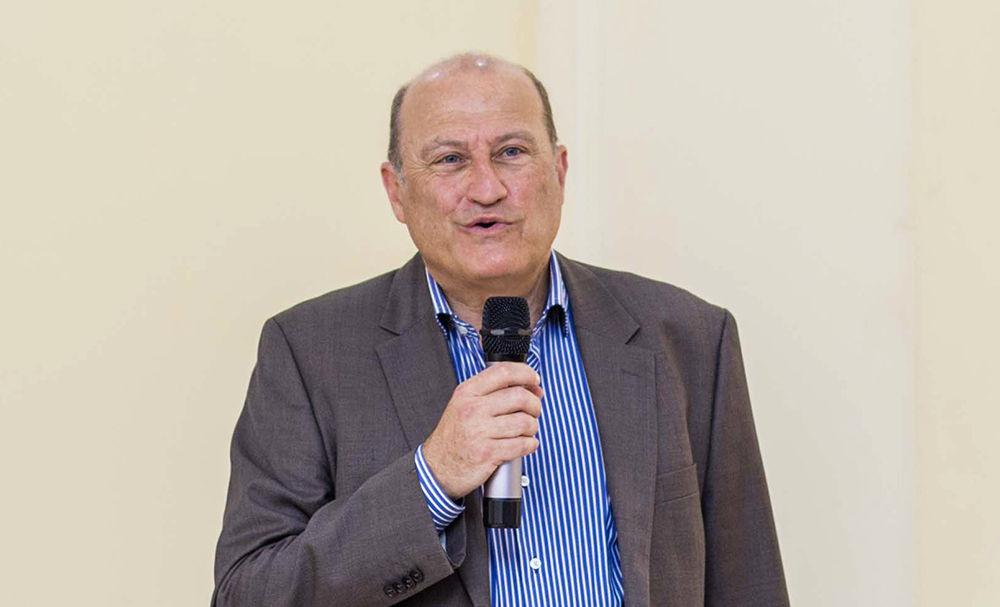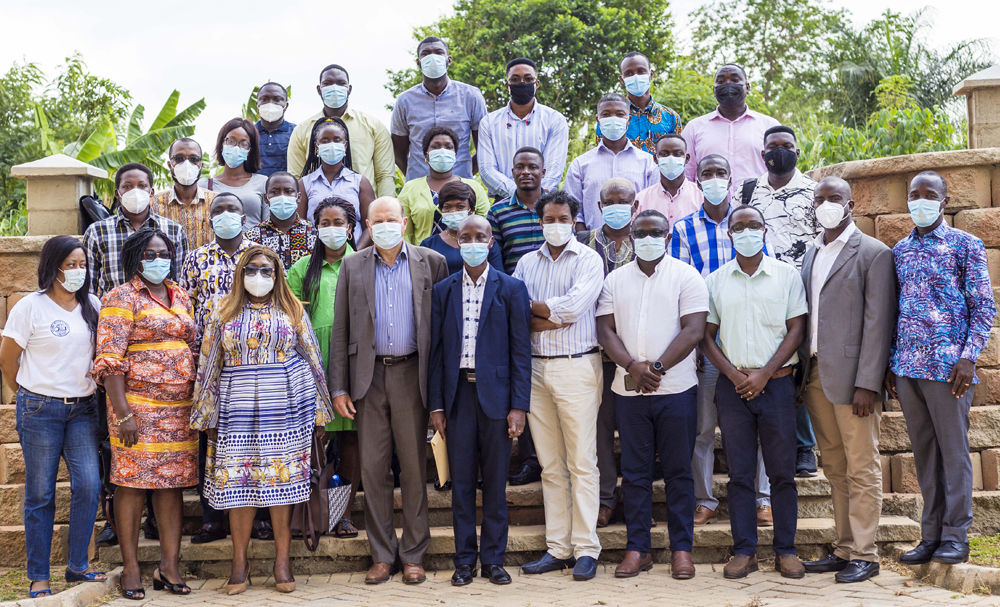The Regional Water and Environmental Sanitation Centre Kumasi (RWESCK) at the Kwame Nkrumah University of Science and Technology (KNUST) in collaboration with the Ghana Water Company Limited (GWCL), supported by the Paris Institute of Technology for Life, Food and Environmental Sciences (AgroParisTech), have organised a five-day professional development training on non-revenue water management.
The purpose of the workshop was to exchange ideas, knowledge, expertise, network and position participants to proffer solutions to the water loss problem in the country.

Presenting on RWESCK, the Centre Director, Professor Sampson Oduro-Kwarteng stated that RWESCK is a Centre of Excellence set up to scale up graduate studies and research in water and environmental sanitation. He lauded the collaborative effort of the contributors in ensuring that participants become abreast with the problems of non-revenue water and outline various ways of managing it. He advised the participants to go beyond the training and use the knowledge acquired to solve problems of water losses in their respective regions.

Presenting on behalf of the Managing Director of GWCL, Mr. Francis Sarpong Boakye explained that Non-Revenue Water (NRW) is the produced water that is lost before reaching the customer. He added that losses can sometimes be referred to as physical losses (leaks) and apparent losses (theft or metering inaccuracies).
According to him, GWCL will treat NRW as a project that involves incorporating machines and technologies to control and track water losses in Ghana. He said that to achieve this, participants ought to change their attitude in the way they do things and apply the knowledge gained during the training to become problem solvers in their various professions.

The AgroParis Tech SUEZ Chair Director, Mr. Jean-Antoine FABY noted that the need to manage NRW better and protect water resources has become increasingly important and as a result, sustainable investment in infrastructure and innovation is a key instrument for economic growth. He explained that the General Management of Urban Water and Sanitation Services is in line with the Sustainable Development Goals set by the United Nations, hence, a digital platform could serve as an ideal tool used to strengthen the resilience of all infrastructures in the Greater Accra water network.
He indicated that the only way to achieve this is by securing the water supply to industries in the territory and increasing the satisfaction of its over 5,000,000 inhabitants while improving the efficiency of resources used.
Julien Guittet the CEO of Bluspark and Kevin Nirsimloo the Associate Director of Altereo took participants through Asset Management, non-revenue management, main levers of asset management, effective ways to improve network replacement and ways of using Artificial Intelligence (AI) for network failure predictions.
In an interview with some of the participants, they expressed satisfaction with the content of the training and the invaluable contribution it will make towards enhancing their professional practice at their various organisations. A total of 22 participants from various Regions, Municipal and District Assemblies were awarded with certificates of participation at the closing ceremony.

